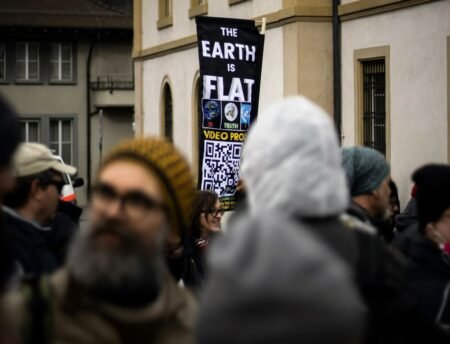The first phase of a 600 million public-private partnership on the Internet of the Future (FI-PPP) has been launched by European Commission Vice-President Neelie Kroes. The partnership will support innovation in Europe and help businesses and governments to develop internet solutions that will be capable of managing the exponential increase in online data. Whilst so far we have experienced the Internet of connected computers, and connected people, the Internet is now going mobile and it will connect a whole range of machines and objects. The current Internet is simply not capable of managing these future data streams, nor is it able to provide the desired accuracy, resilience and safety. The partnership will explore eight areas where this data revolution could spur innovation and jobs in the mobile, software and service industries. The European Commission has made available 300 million in funding over 5 years, with Europe’s research organisations, public sector and industry committing an equal amount to this PPP. Projects launched today will together receive 90 million in EU funding (to be matched by other project partners). Boosting and focussing the EU’s research, development and innovation efforts is a key element of the Digital Agenda for Europe.
Advertisement
Internet data traffic is growing by 60% every year. We already rely on the Internet to deliver many essential services. New services in the areas of mobility, energy saving, healthcare and governance will spur the development of new applications that we have not yet imagined.
To grab this opportunity and to ensure Europe’s future competitiveness, the European Commission has committed to a FI-PPP which will address a number of key challenges that currently hold back Internet development in Europe.
Today 152 pioneering organisations have undertaken to use this partnership to build Europe’s Internet of the future. Private companies, research organisations and the public sector have committed to match the EU’s funding of 90 million for the first phase of the programme. This is the first part of a total 300 million EU contribution to the 5-year PPP. The initiative builds upon existing EU-funded research and works with partners at national and regional level to develop new technologies, services and business models for the Internet of the future.
A standardised and interoperable Internet service platform
The FI-WARE project will receive 41 million in EU funding to develop the set of core platform tools needed to build innovative future Internet services, such as privacy, real-time processing and cloud computing. The toolbox will be open for anyone to innovate. To jump-start the innovation process, a set of large scale trials of innovative Internet-based services and applications will take place in cities like Stockholm and Santander. Eight case projects (each receiving roughly 5 million in funding over 2 years) will lead the developments and explore the future Internet in:
environmental data in the public domain (ENVIROFI)
making the food value-chain smarter (SMARTAGRIFOOD)
reaping the benefits of electricity management at community level (FINSENY)
* making public infrastructure in urban areas more intelligent and efficient (OUTSMART), developing innovation eco-systems in London, Berlin, Aarhus, Santander and Trento, dealing with respectively transport & environment, waste management, water & sewage, smart metering & street lighting, and water & environment
* networked media, including gaming (FI-CONTENT)
* increasing efficiency in international logistics value-chains (FINEST)
* personal mobility (INSTANT MOBILITY)
* making urban public areas safer (SAFECITY).
Background
The Future Internet Public Private Partnership programme involves 152 different organisations. Organisations from 23 EU Member states or countries associated with the EU’s Seventh Research Framework Programme (FP7) are participating. For details see www.fi-ppp.eu).
The first phase of the FI-PPP will last for two years (2011-2012) and develop the toolbox of generic services for preparing the large scale trial. The second phase (2013-14) will be the large scale trials of innovative and complex Internet services and applications in a wide range of domains across Europe. The third phase (2014-2015) will be dedicated towards transforming these trials into fertile digital ecosystems and connecting them to their regional innovation policy.
The FI-PPP is an open initiative. The multi-phased approach and open calls for FI-WARE ensure a wide and open participation. The work of the FI-PPP will be open for others to innovate upon.
The European Commission has set-up jointly with industry a series of other innovation and research related PPPs, notably the Green Car initiative, Factories of the Future and Energy Efficient Building (see IP/09/1116).
Source: European Commission







